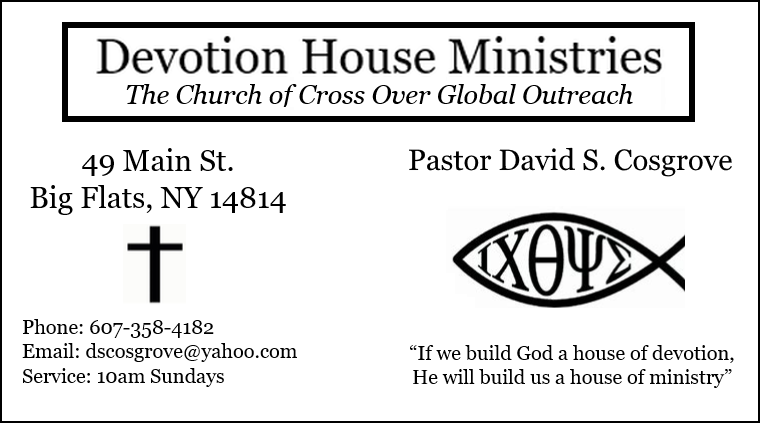

Let's consider how blessed we are in the better covenant of Jesus Christ by comparing and contrasting two remarkably similar passages of scripture, one from the Old Testament, the other from the New.
2nd Samuel 6 opens with King David bringing the Ark of God's Presence back to Jerusalem. He gathers not just any crowd, but "all the chosen men of Israel" (verse 1). He leads the illustrious procession as they set out with the ark, rejoicing and celebrating as they go (verses 2 through 5). But disaster strikes suddenly in verses 6 and 7, bringing the procession to a crashing halt:
"Then they came to the threshing floor of Nacon. And Uzzah reached out toward the ark of God and took hold of it, because the oxen nearly upset it. And the anger of Yahweh burned against Uzzah, and God struck him down there for his irreverence; and he died there by the ark of God."
Someone dared to touch the ark and a surge like lightning struck him dead. That thunderclap of power shattered the happy mood and ended the procession. We're told David was angered by the intrusion of tragedy into his joyous plans (verse 8), but also frightened that the Intruder was God Himself (verse 9). The parade melted away in sorrow and confusion, stranding the Ark far from its intended destination.
Now, consider another procession, one found in the gospel of Mark. In chapter 5, we see the Living Ark of God's Presence, Jesus Christ, surrounded by a large crowd, as they escorted Him to His intended destination - the home of a synagogue ruler. That ruler's daughter was deathly ill and he had begged Jesus to come and heal her. Jesus had graciously consented. We're told a large crowd - more likely a "rabble" than "the leading men of Jerusalem" - pressed in on Him as He walked with Jairus (verse 24).
The Uzzah of this procession was a woman with an issue of blood. That made her ceremonially unclean, but she was still determined to dart in among the crowd and touch Jesus. And when she did, "power flowed out from Him" (verse 30).
The stories follow the same arc right up through the unplanned touch. In each case, a surge of power struck the toucher. But the stories diverge sharply there: The woman didn't die; she was miraculously healed! Jesus' procession wasn't broken up, it continued, after pausing to bless her. She probably joined the crowd as they moved on. Nor was Jesus kept from His intended destination. He arrived at Jairus' home and healed his daughter, raising her from the dead.
The crowd in Mark 5 wasn't better than the one in 2nd Samuel, it was likely rougher and coarser. The "toucher" wasn't better - the bleeding woman was "unclean", while Uzzah was a man of standing. So, what accounts for the drastically different outcomes? What was better in Mark 5 vs. 2 Samuel 6? The Ark at the heart of the procession was better, as was the crowd's access to that Ark.
The ark Moses built was not to be touched (Num 4:15), nor even looked into (Num 4:20, 1 Sam 16:19). But the Apostle John opened his first letter with these words, "That which was from the beginning... what we beheld and touched with our hands" (1 Jn 1:1). Perhaps that's why God declared through the prophet Jeremiah the first ark would no longer come to mind nor be sought after (Jer 3:16). Why should it, when it was merely a type and shadow of the better Ark, Jesus Christ?
Moses' ark passed away with his covenant. Both have been replaced, supplanted, by something, Someone, superior. Our Ark can be touched. Life giving power flows from ours, not death dealing. In Mark 5, not only was Christ touched, He also touched the dead little girl. We have come to One who touches and is touched, with blessing flowing out from Him either way.
Yes, we have come to one better than Elisha: they threw a dead man onto Elisha's dead bones and that man sprang to life (2 Kg 13:21). But Jesus' tomb lies empty! He is alive and well and seated in glory next to the Majesty on High (Heb 1:3). As Hebrews 10:22 exhorts us, "Let us draw near to Him with a sincere heart in full assurance of faith". We will be better off if we do, so we better do it often and soon!
- Matt Schilling
| Contact Us | < To Next Entry | To Previous Entry > |